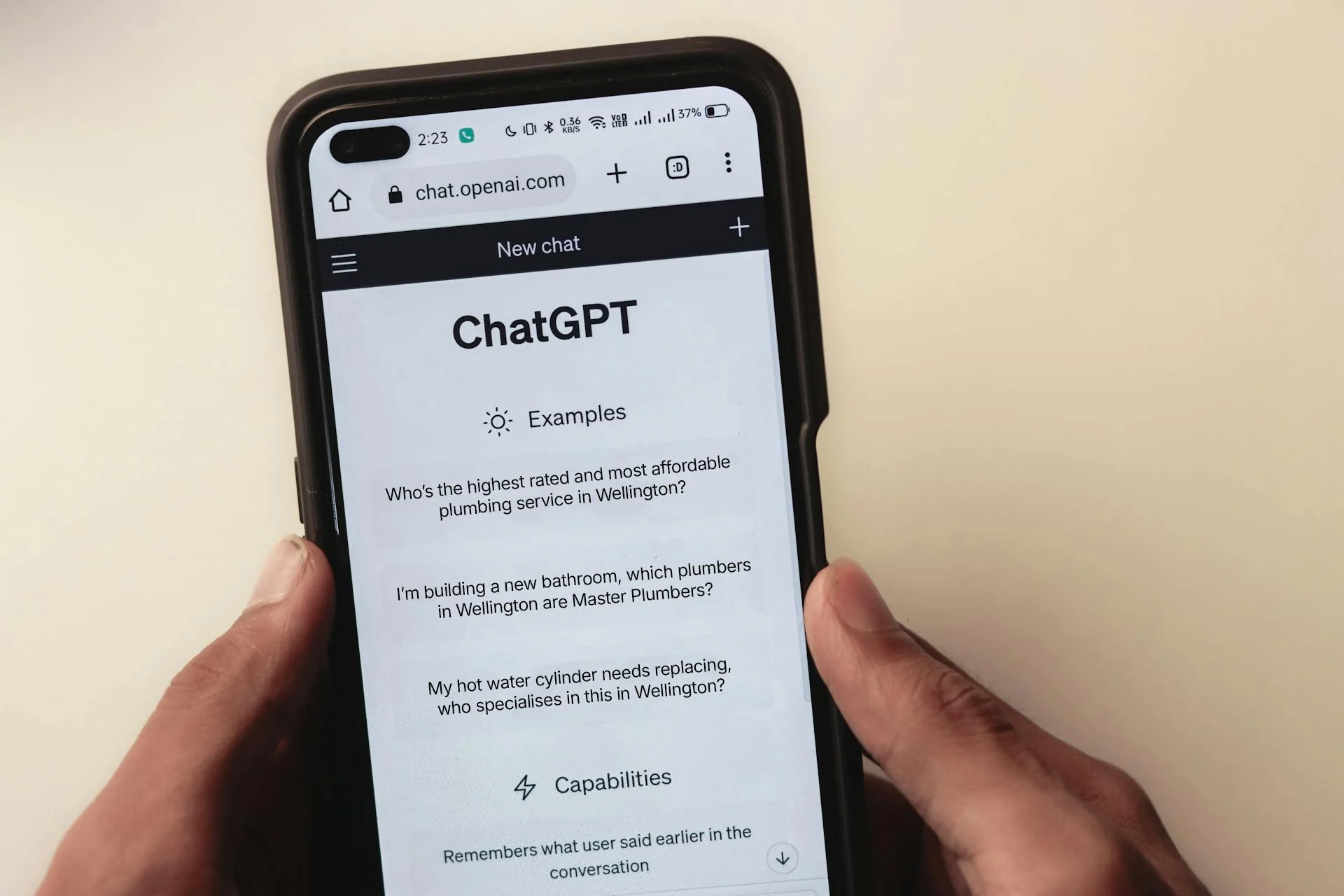The rise of AI search is reshaping the way people discover businesses online. Traditional search engine optimisation (SEO) is no longer just about ranking on Google—it’s about becoming the trusted source that artificial intelligence tools reference when answering questions, making recommendations, and summarising the web.
While Google still dominates with over 90% of the global search market in 2025, tools like ChatGPT are rapidly changing how people find information. In response, Google has introduced new AI-powered features that deliver conversational answers, often appearing above both paid ads and traditional search results.
So the big question is: Is your website optimised for AI search?
Let’s break it down.
What is AI search, exactly?
AI search refers to tools like ChatGPT, Microsoft Copilot, Google Gemini and Perplexity that use large language models (LLMs) to answer users’ queries in real time—often without the need for them to visit a website at all.
Instead of returning a list of links, AI searches summarise information from across the internet and deliver a direct, conversational answer. These tools are becoming a go-to for users who want fast, trusted answers—and your website needs to be part of that conversation.
Why AI search matters for your business
When AI searches for answers, it pulls from high-quality, clearly written, and well-structured web content. That means if your website isn’t easily understood by AI, you’re missing out on valuable exposure and potential traffic.
Think of it like this: AI is becoming the digital concierge for your customers. If it doesn’t know who you are or what you do, you won’t be recommended—even if you’re the perfect fit.
5 ways to optimise your site for AI search
1. Write like a human (but structure like a robot)
AI tools love clear, concise writing. Make sure your content is written in plain English and answers the types of questions your audience is asking. Use headings, bullet points, and consistent formatting to make your content easy to digest, both for people and for machines.
2. Be the expert in your niche
Authoritative, well-researched content gets prioritised. Focus on publishing helpful articles, FAQs, and service pages that show you know your stuff. AI rewards subject matter experts, so be the go-to in your field.
3. Use schema markup
Schema is a type of structured data that helps search engines (and AI) understand what your content is about. It’s like adding subtitles to your website. Whether you’re a local business, an eCommerce store or a service provider, implementing schema improves your chances of being featured in AI search summaries.
4. Optimise for featured snippets and FAQs
AI often pulls from Google’s featured snippets and ‘People Also Ask’ boxes. Structure your content in a way that answers common questions in a clear, concise paragraph. Think: short answers first, followed by deeper explanations.
5. Keep your content fresh
AI tools prioritise up-to-date content. Make regular updates to your blog, review your service pages, and remove outdated references. If your site hasn’t changed in 2+ years, you’re giving AI a reason to look elsewhere.
The future of search is now
AI search isn’t a fad, it’s a shift in how people discover, trust, and choose brands. And it’s moving fast. If your website is still clinging to old SEO tactics or missing key updates, now’s the time to rethink your content strategy.
At Summit Creative, we help businesses like yours show up, stand out, and stay relevant in an AI-driven world. From strategic copywriting to structured web design, we’ll get your website future-fit and ready to work smarter.
Need help getting your site AI-ready?
Let’s chat. We offer free website audits and tailored advice to help you get seen in all the right places—search engines, AI tools, and beyond.
📩 Contact us today to get started.

